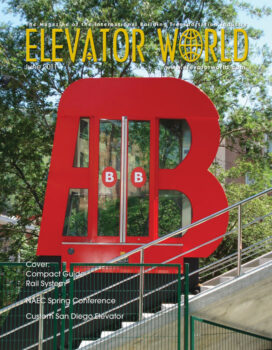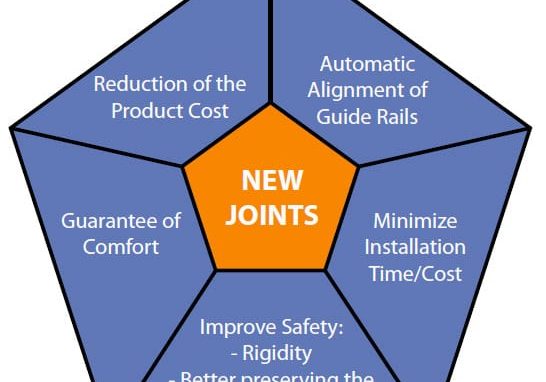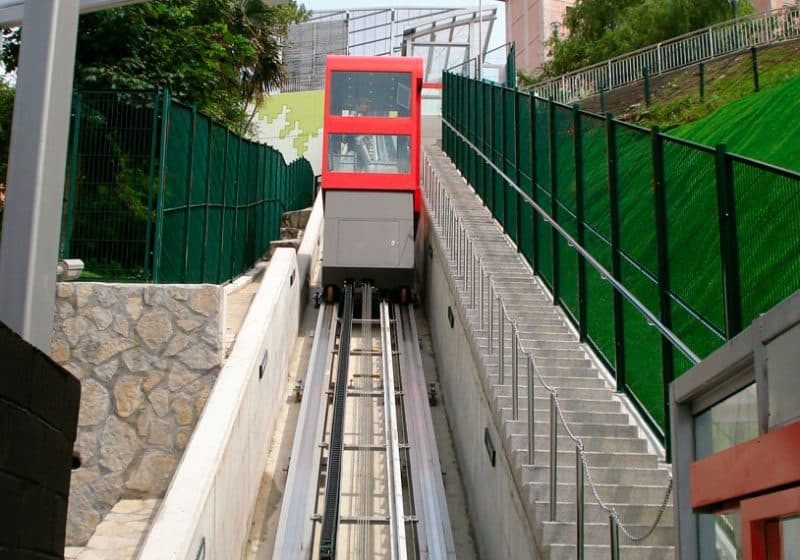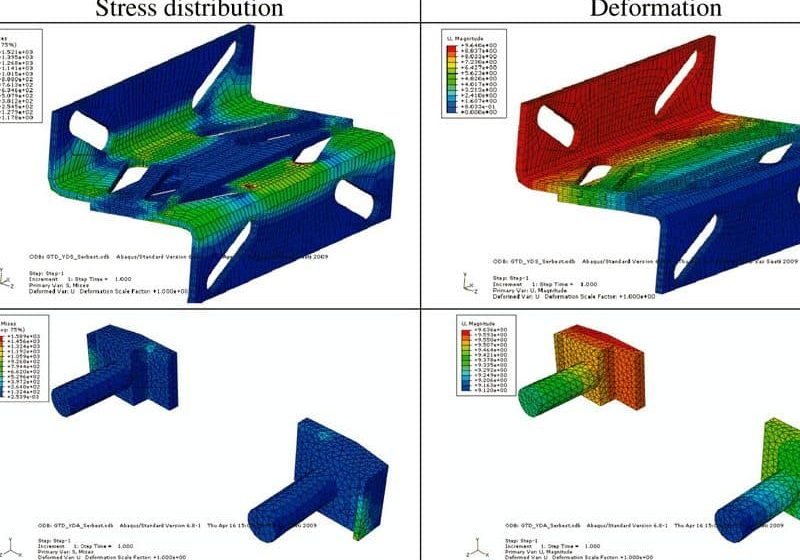The 20th century was an era of significant innovation and technological development, particularly in the fields of vertical and horizontal transportation. The Wright brothers’ flight at Kitty Hawk, North Carolina, was the impetus for what ultimately became the commercial airline industry. Henry Ford’s mass production of automobiles was the first step in making automobile manufacturing one of the world’s largest industries. Similarly, following up on his 19th century invention of the safety elevator, Elisha Graves Otis and his successors established the environment for the proliferation of the passenger elevator and with it the growth of major cities in all nations.
People on all continents routinely use motor vehicles as their primary means of horizontal transportation and elevators to travel vertically to and from the upper reaches of buildings. And, to enable them to do that, the practitioners in our industry have developed sophisticated operation and control systems to accommodate elevator passengers in a safe and convenient manner.
The operation and aesthetic aspects of elevators get most of the publicity in our industry, however, were it not for the advances in guide-rail design and installation and the development of high-tolerance car and counterweight guiding systems, elevators would not be as comfortably used and widely accepted as they are today. While we should not diminish the importance of the operating systems and the role they fulfill relative to public safety (and there certainly is a need for the aesthetic sensibilities of elevator passengers to be satisfied), we must also recognize the importance of the guidance systems.
The guide-rail system is rarely, if ever, noticed or even considered by elevator passengers as being important. In fact, with the possible exception of the public’s observation of guide rails on panoramic elevators, they usually don’t know they are there. But, as we all know, a poor rail installation will cause a great deal of dis-comfort for elevator passengers and may create vibration problems that could be extremely difficult to correct after an elevator installation has been completed. No matter how well an elevator has been adjusted and set up for smooth operation, if there are uneven joints in the guide rail stack or if the guide rails are misaligned, passengers will be jarred about during their elevator journey. In recognition of this important aspect of elevator design and construction, we have included in this month’s issue of ELEVATOR WORLD a special section on the latest advances in the design, installation and maintenance of elevator car and counterweight rollers and guide-rail systems.
This issue of EW contains technical articles authored by guide-rail manufacturers and suppliers of car and counterweight guides, project reports and various news items on these specific elevator components. We trust that these articles will draw readers’ attention to what is often an overlooked, however, extremely important aspect of an elevator system. Therefore, we invite you to join us on this month’s EW journey, during which we will consider and explore the latest advances in the part of an elevator system where the rubber meets the road.
Get more of Elevator World. Sign up for our free e-newsletter.









